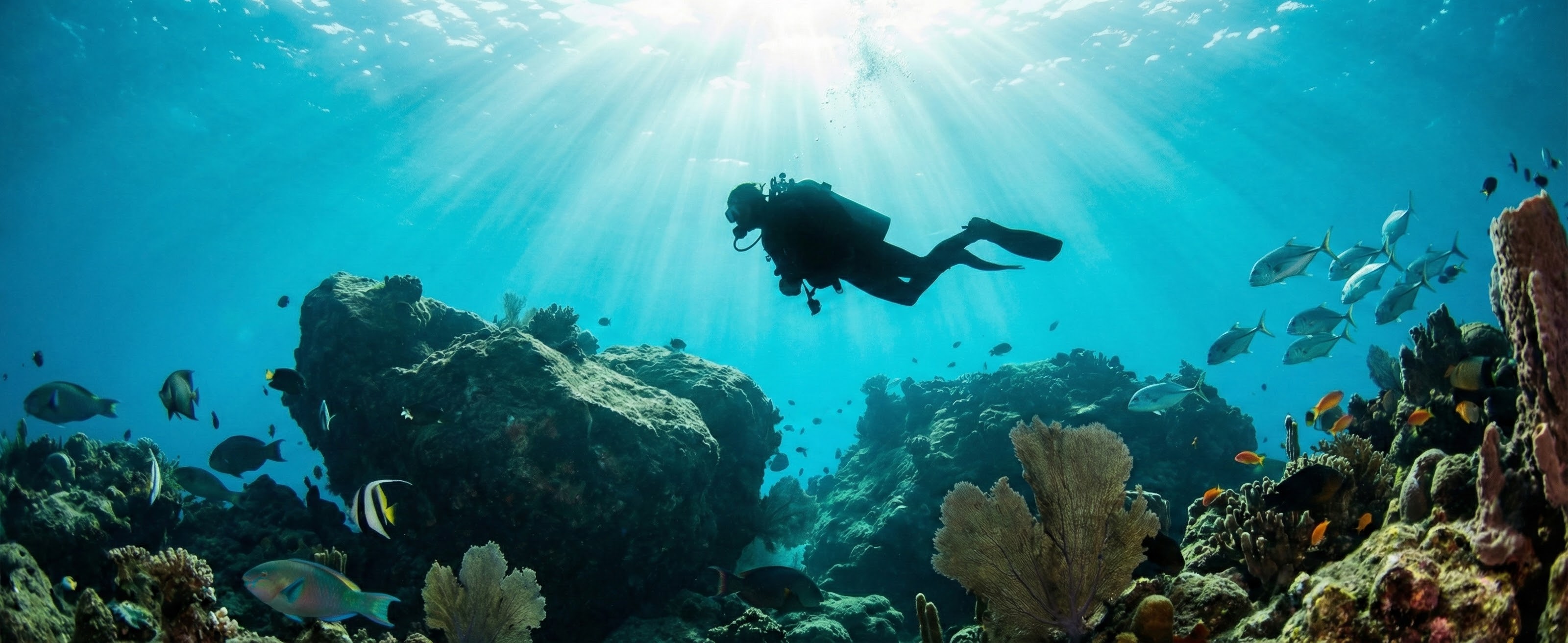
Cabo San Lucas Diving & Snorkeling
Explore the only living coral reef on Mexico's west coast, witness underwater sand falls cascading into the abyss, and encounter everything from tropical fish to whale sharks in the Sea of Cortez.
Explore Dive SitesWhere Two Oceans Meet
The waters around Cabo San Lucas offer some of the most diverse diving in Mexico. Where the Pacific Ocean meets the Sea of Cortez, a unique marine environment supports everything from vibrant coral reefs to pelagic giants. Jacques Cousteau called the Sea of Cortez "the world's aquarium" for good reason.
Whether you're a certified diver seeking advanced adventures or a snorkeler looking for colorful reef life, Los Cabos delivers experiences for every skill level. Water temperatures range from 68°F in winter to 86°F in summer, with visibility often exceeding 100 feet.
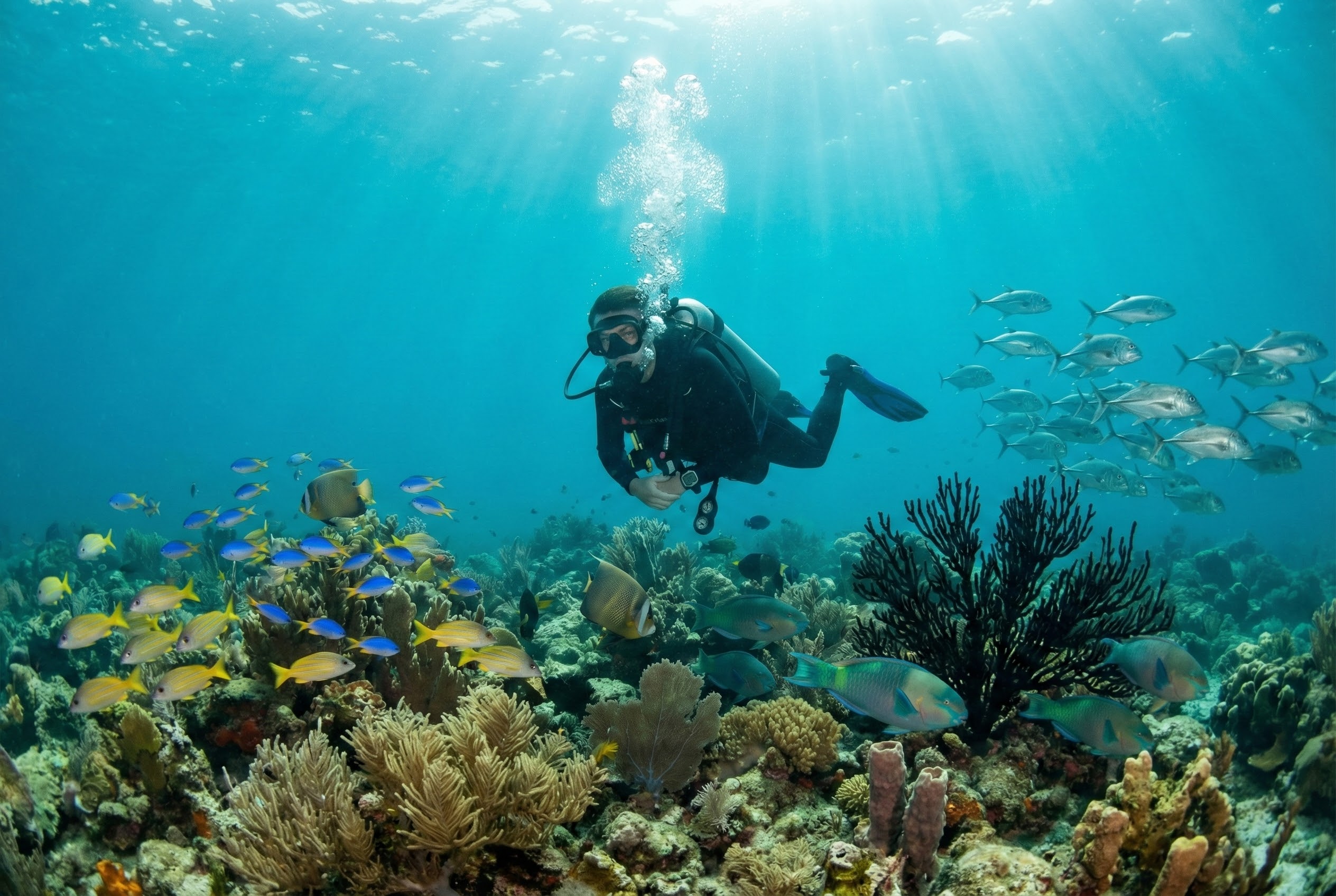
Water Temp
68-86°F year-round
Visibility
60-100+ feet typical
Marine Species
800+ documented
Certifications
PADI courses available
Premier Dive Sites
From beginner-friendly reefs to advanced pelagic encounters
East Cape
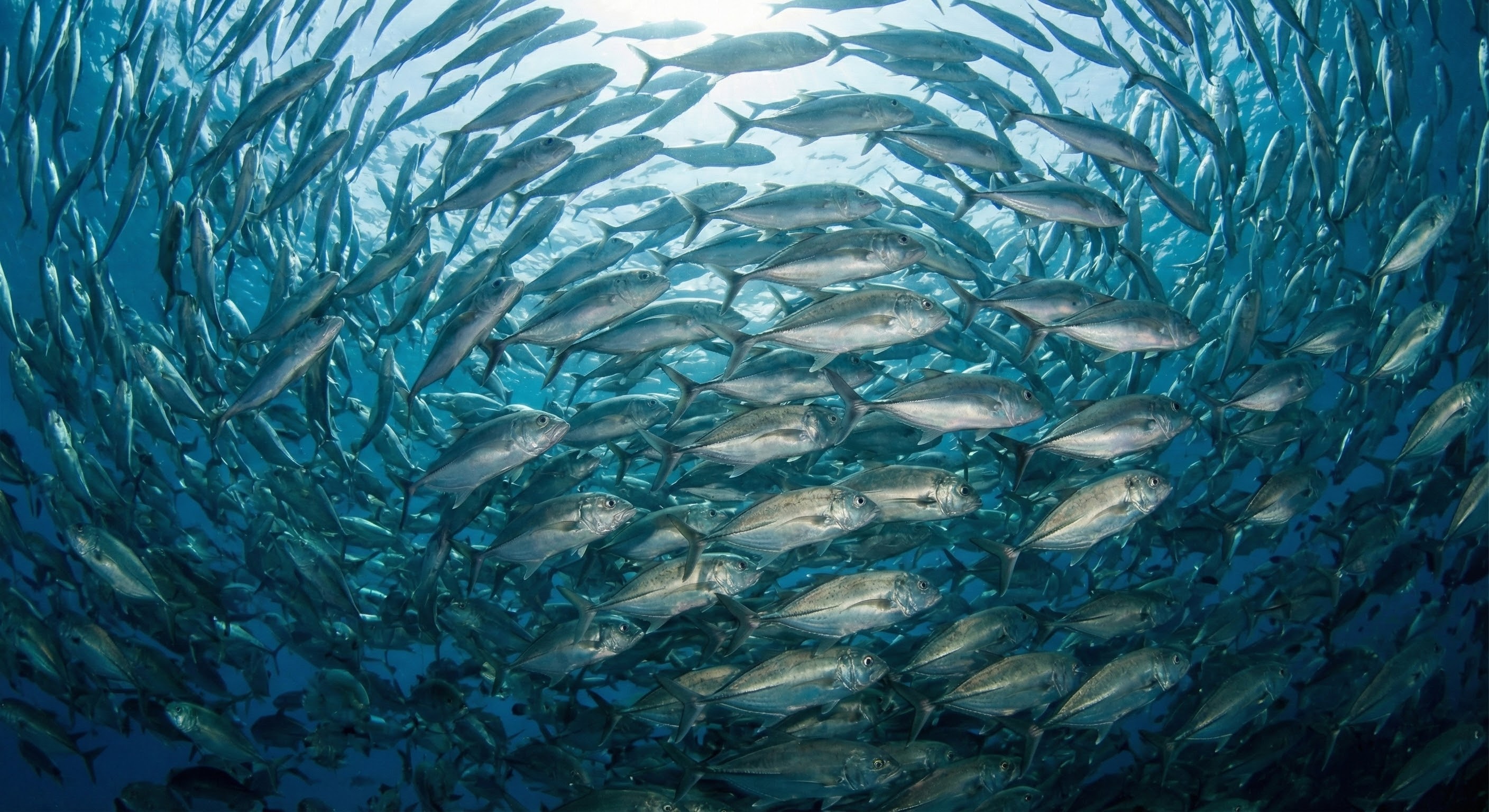
Cabo Pulmo National Marine Park
The crown jewel of Baja diving. This is the only living coral reef on the west coast of North America, protected as a national park since 1995. Schools of jacks number in the thousands, and the reef teems with tropical fish, sea turtles, and rays.
Gordo Banks
An advanced-only seamount rising from deep water, known for encounters with hammerhead sharks, whale sharks, and bull sharks. Strong currents require experience, but the pelagic action is unmatched.
The Corridor
Chileno Reef
A half-mile reef stretching from the beach, perfect for beginners and snorkelers. Abundant tropical fish, sea fans, and the occasional sea turtle make this an ideal first dive site.
Santa María
Excellent visibility and diverse reef life make this a photographer's paradise. The protected horseshoe bay offers calm conditions and colorful marine life including parrotfish, puffers, and eels.
Blowhole
Features a massive gorgonian-covered rock formation with occasional visits from bat rays and whale sharks. The dramatic underwater topography creates interesting swim-throughs.
Near Cabo San Lucas
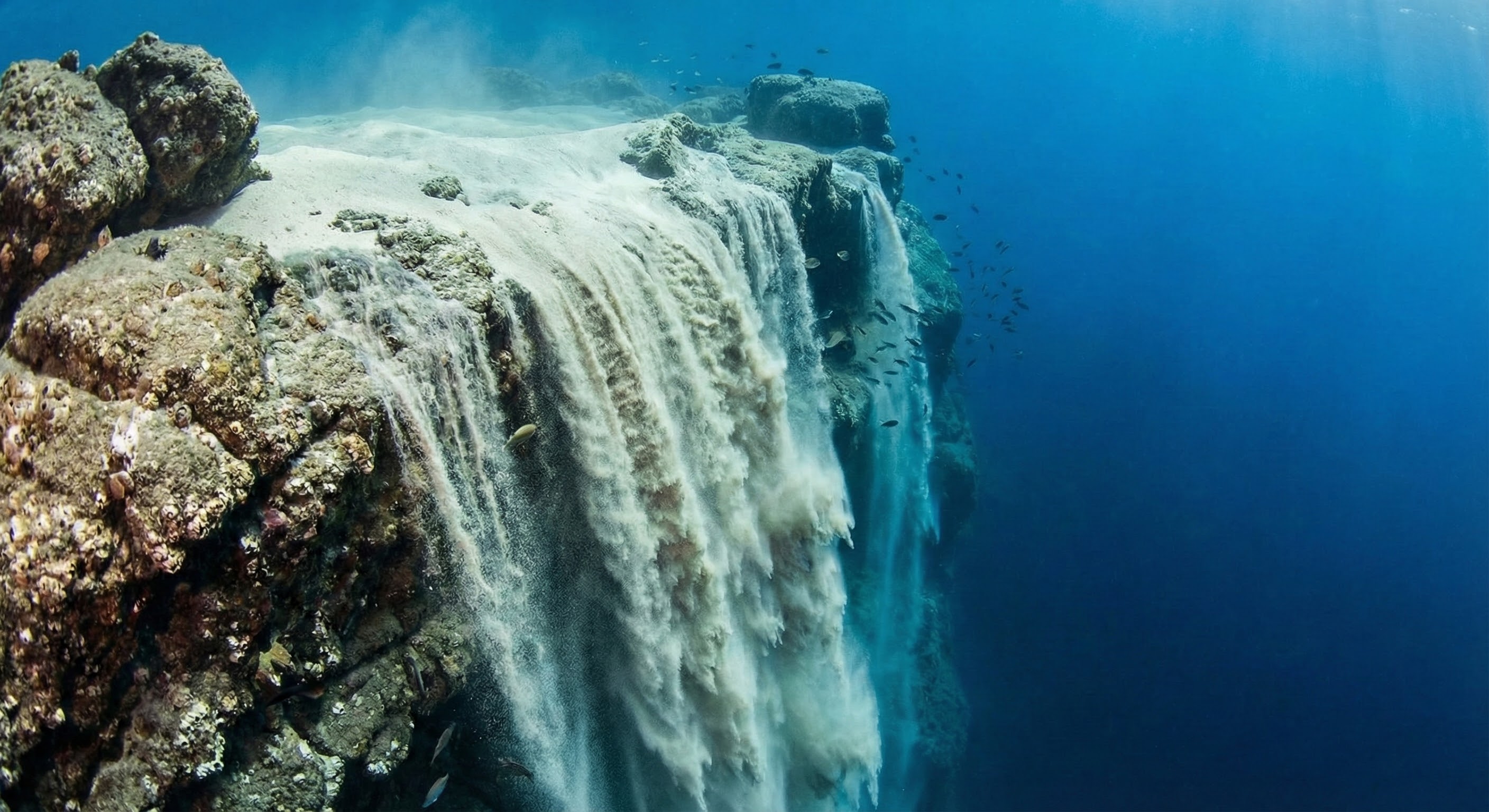
Pelican Rock - Sand Falls
Just 5 minutes from the marina, this site features Cabo's famous underwater sand falls—streams of sand cascading over a cliff edge at 90 feet, creating an otherworldly spectacle found nowhere else on Earth.
Neptune's Finger (La Larga)
A dramatic rock wall hosting schools of barracuda and featuring additional sand falls. The varied depths accommodate all skill levels.
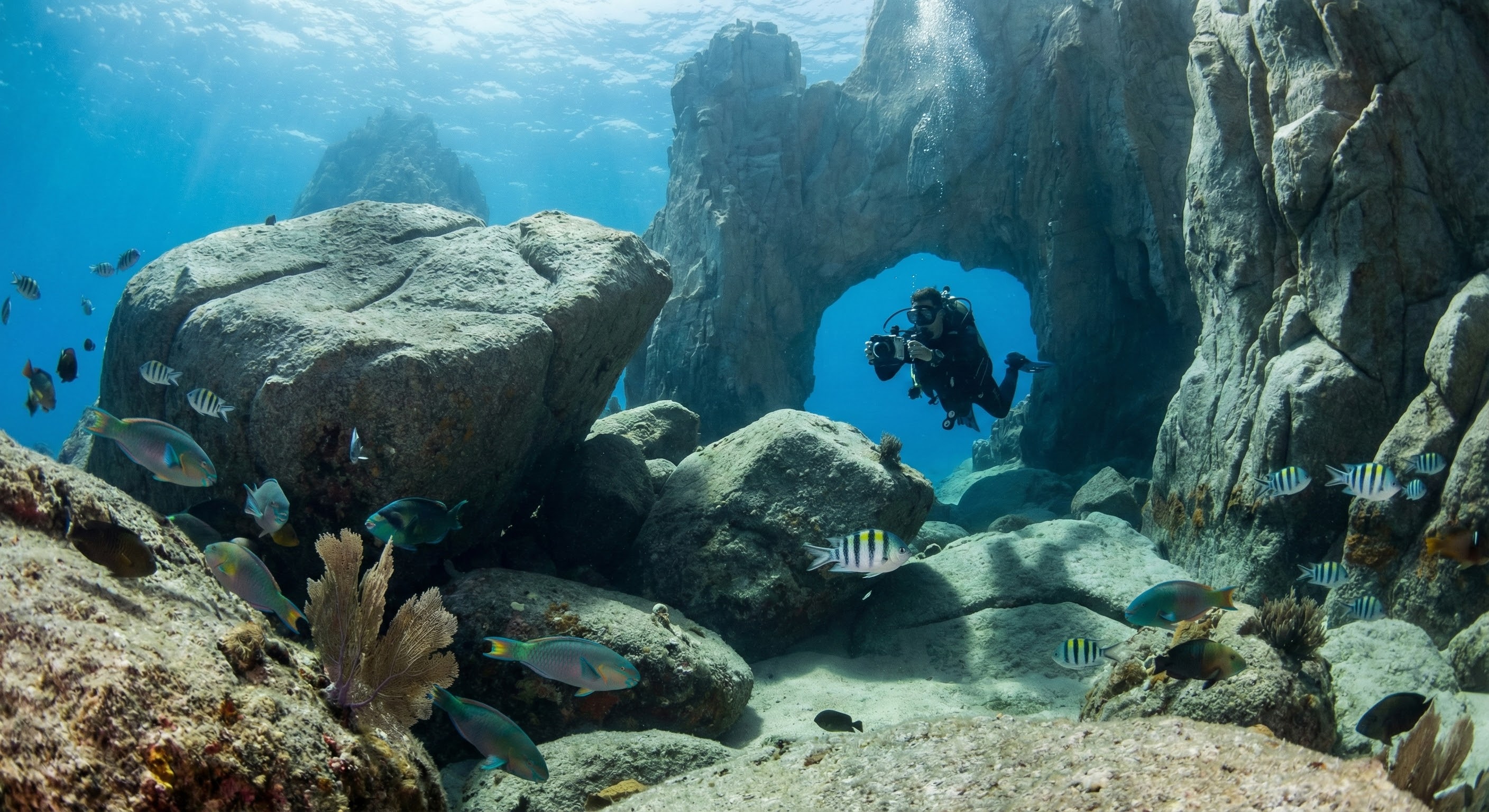
Land's End (La Punta)
A unique dual-ocean dive at the very tip of the Baja Peninsula where the Pacific meets the Sea of Cortez. Experience two different marine environments in a single dive.
North Wall (Las Cuevas)
A versatile site with caves and overhangs accommodating beginners to advanced divers. Multiple depth options make it great for training dives and exploration.
Marine Life Encounters
The Sea of Cortez hosts incredible biodiversity

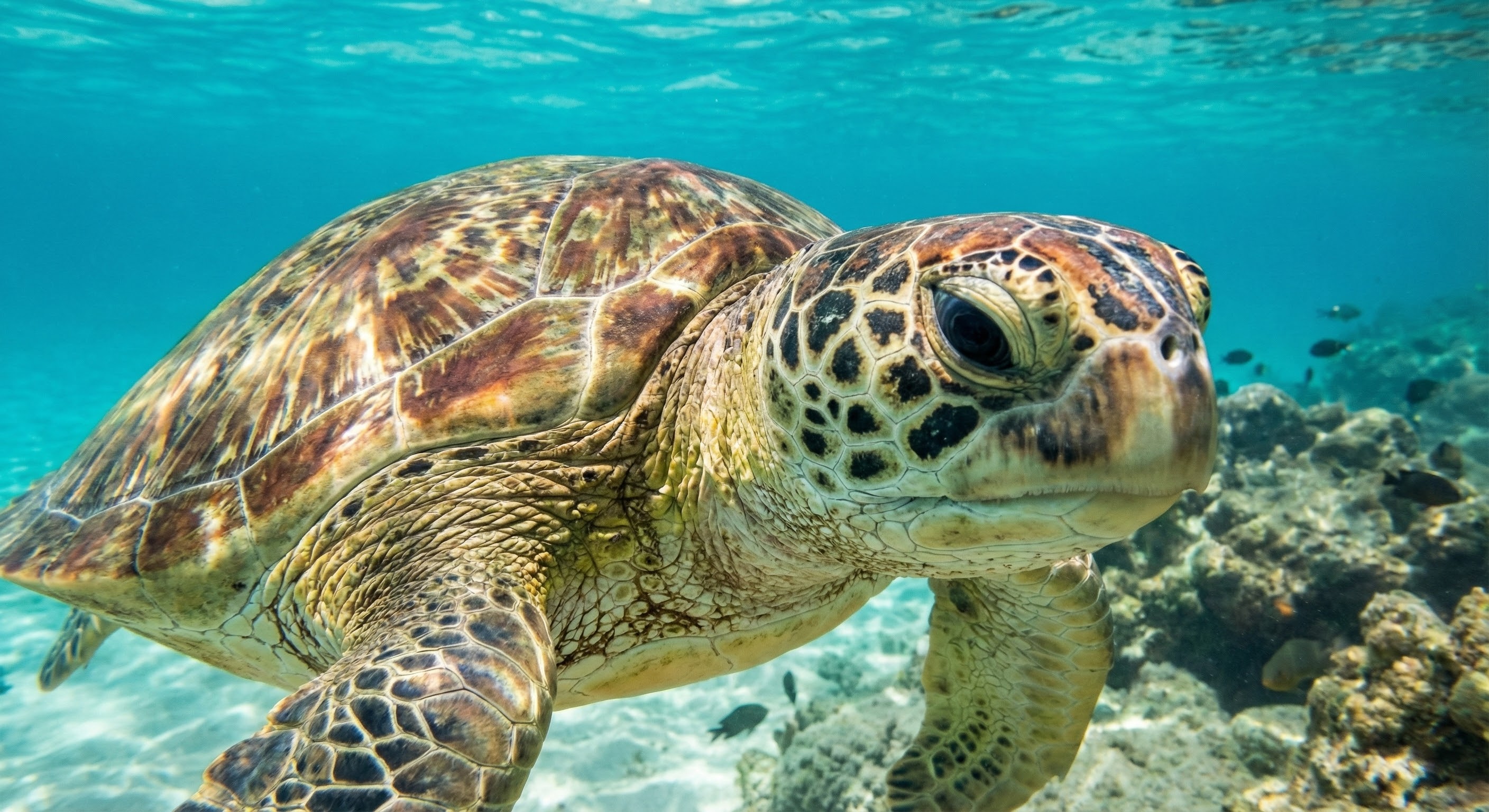
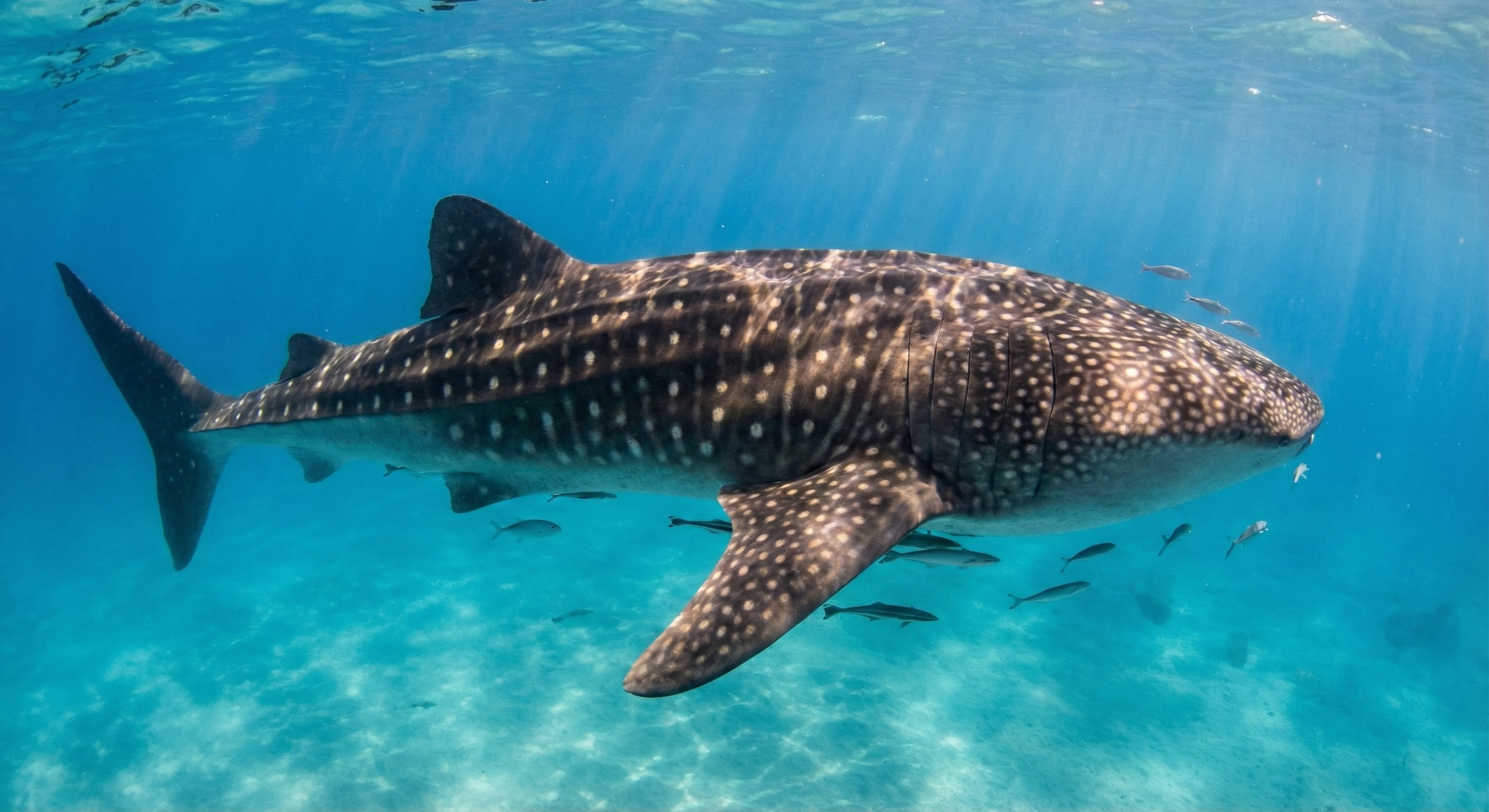
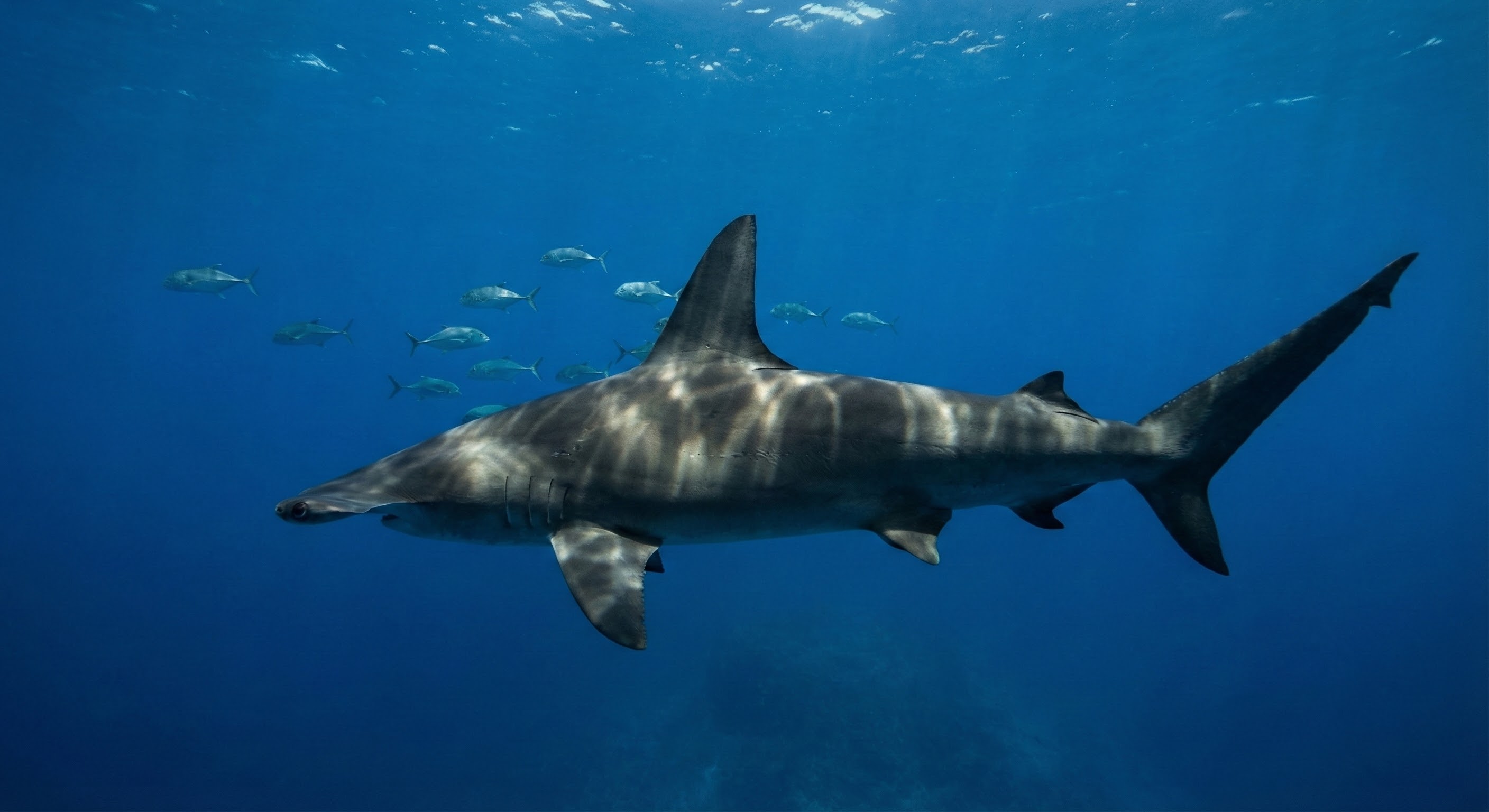
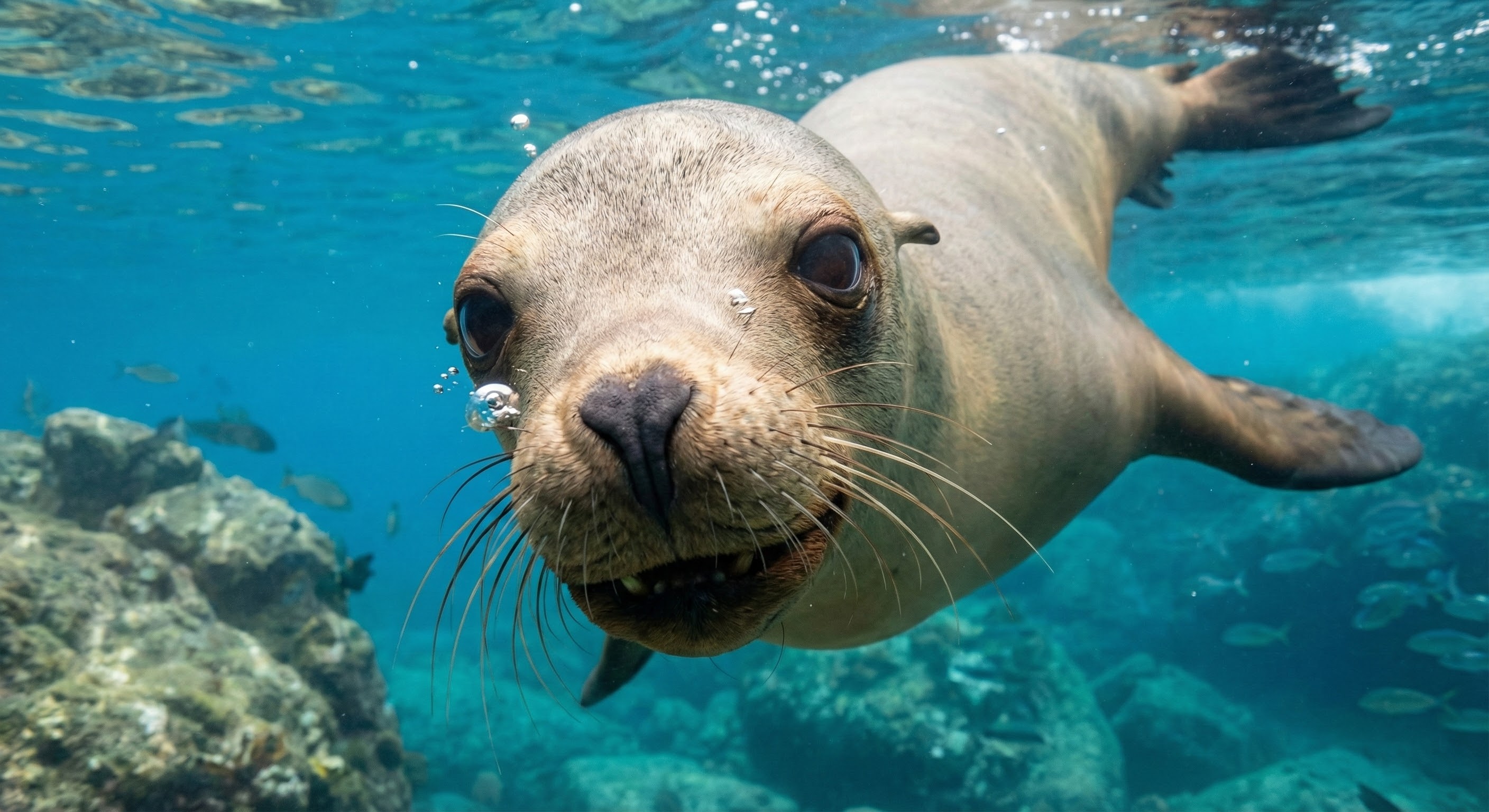

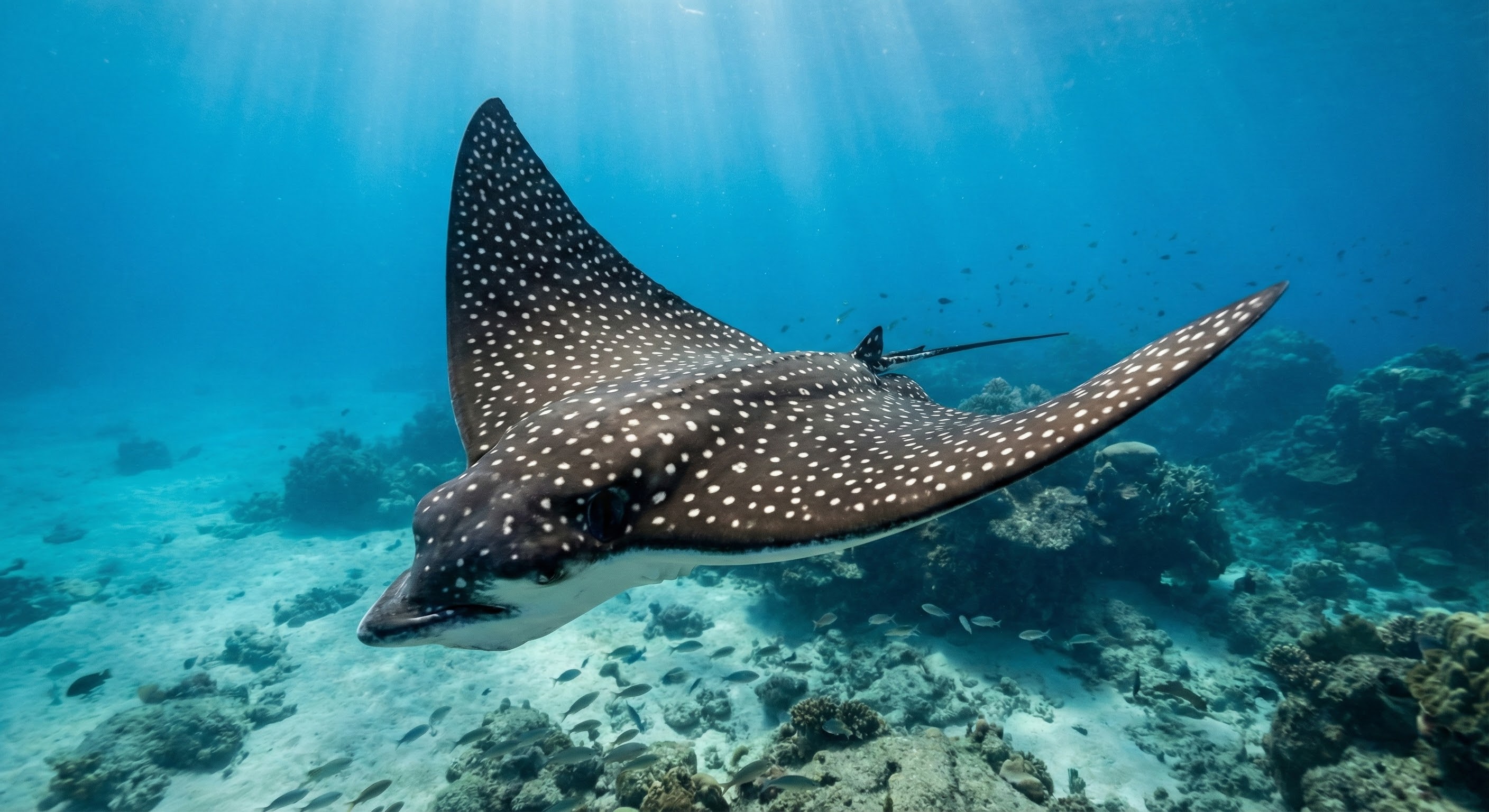
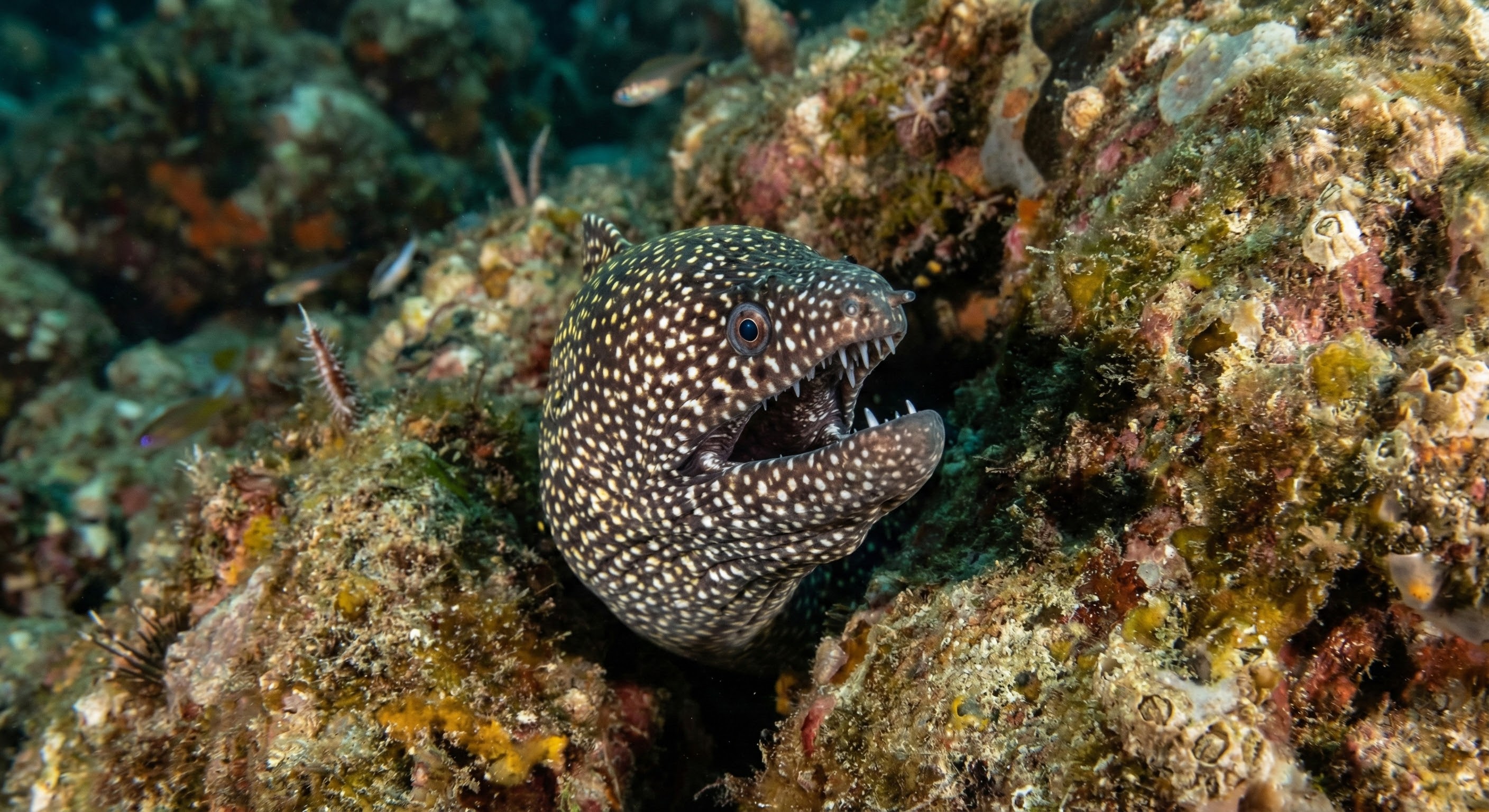
Typical Pricing
What to expect for diving and snorkeling in Cabo
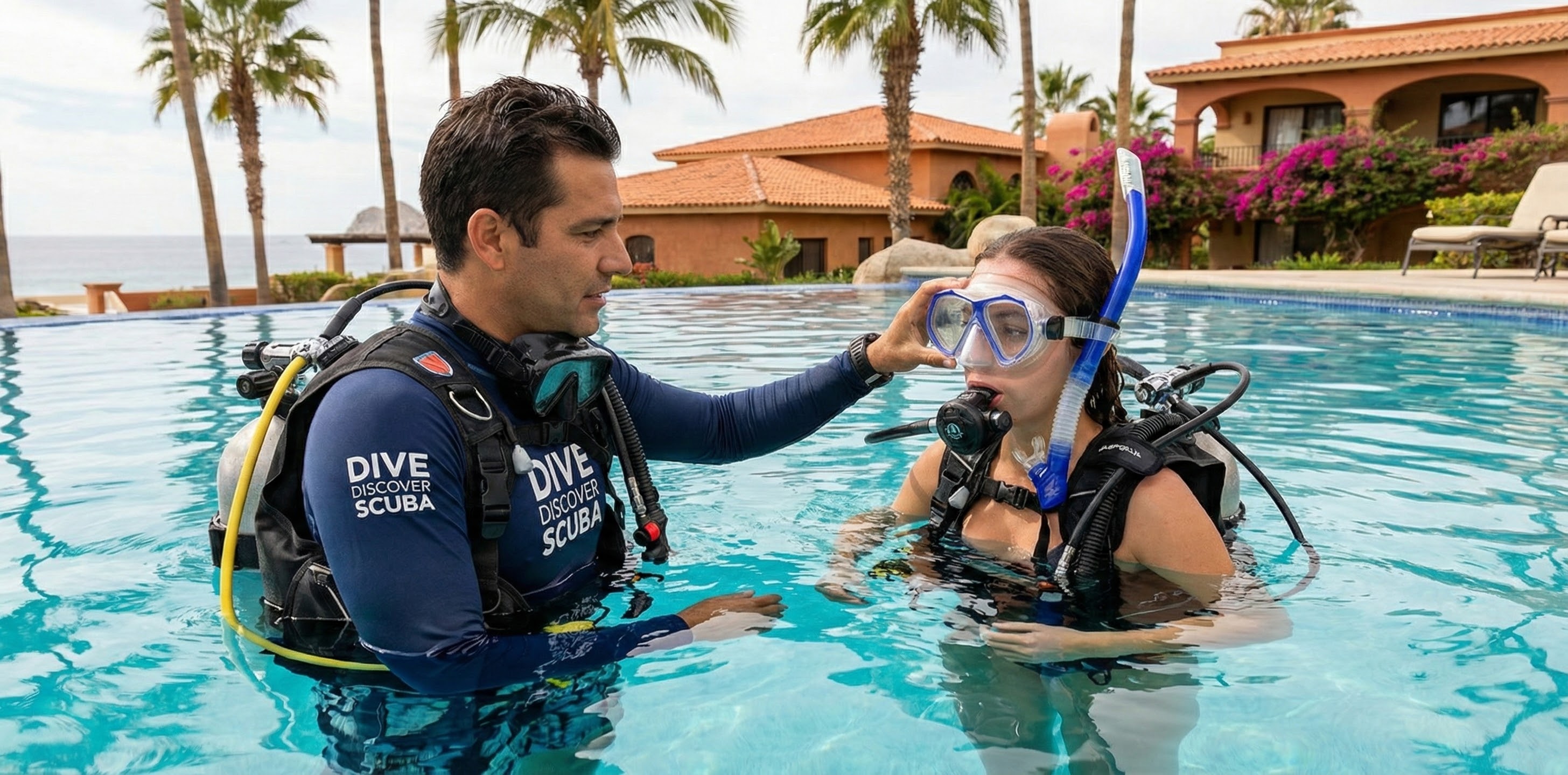
Discover Scuba
Resort course for beginners. Pool training plus one open water dive.
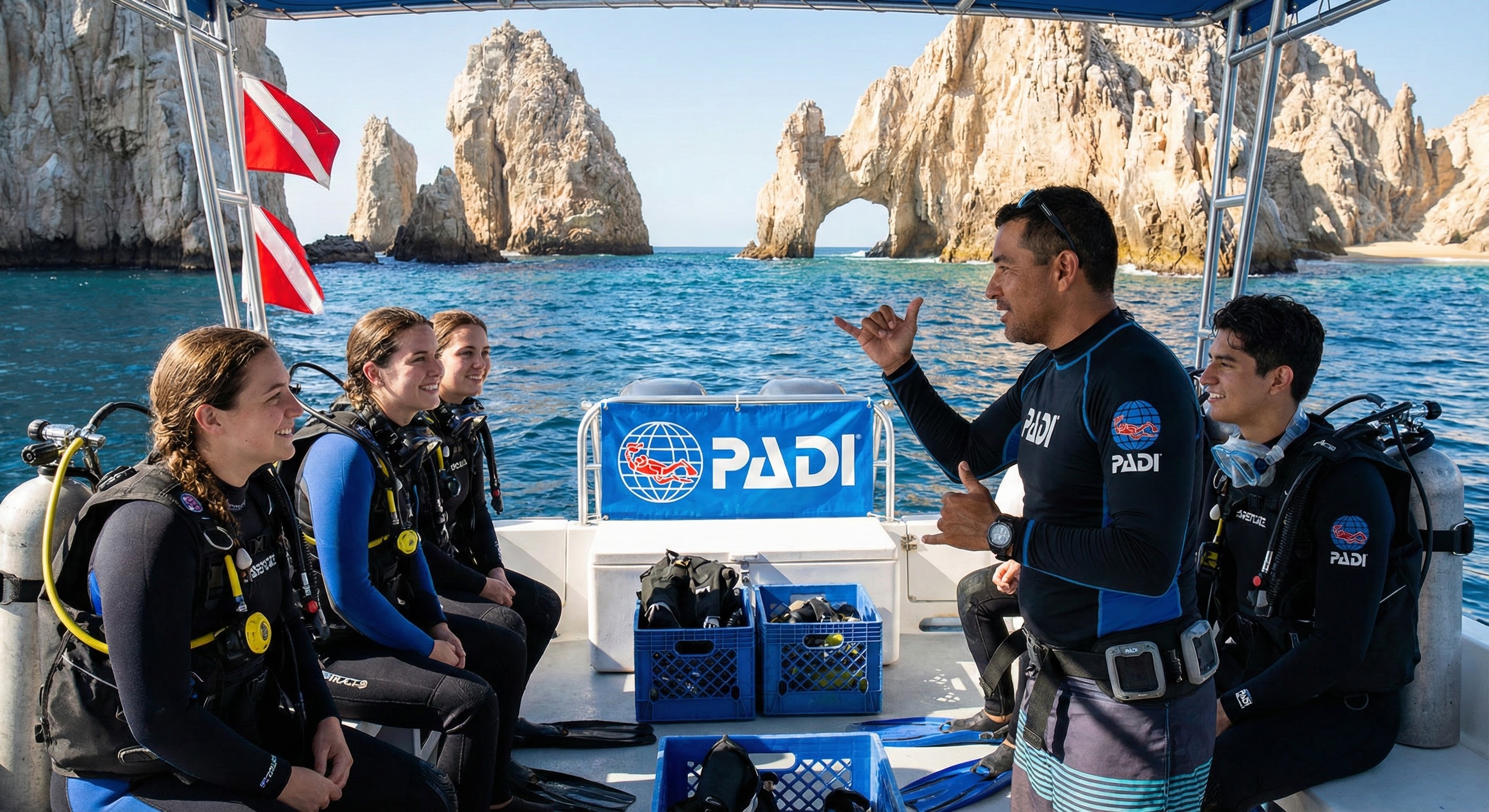
PADI Certification
Full Open Water certification course over 3-4 days.
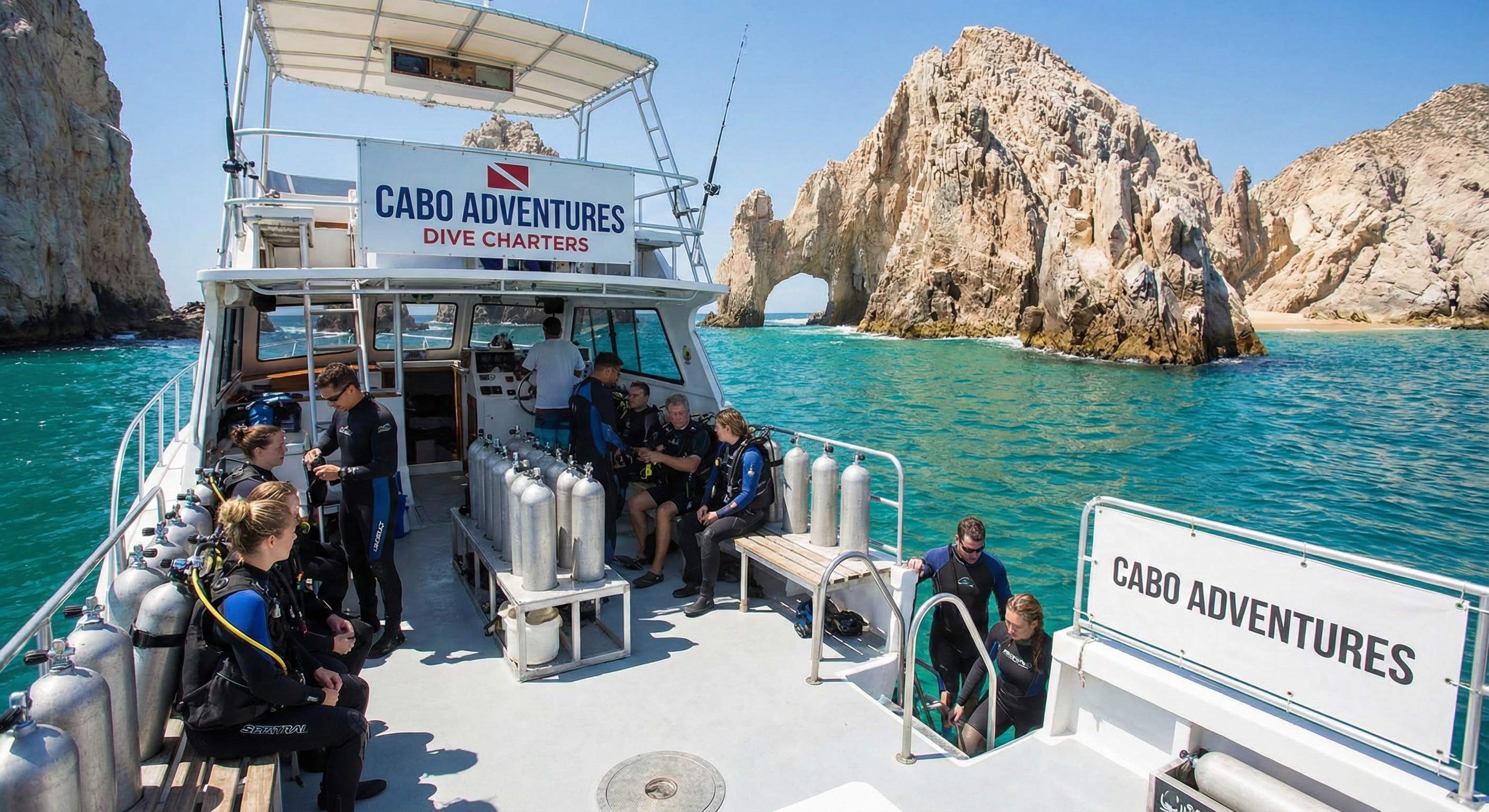
Two-Tank Dive
Standard dive trip to local sites for certified divers.
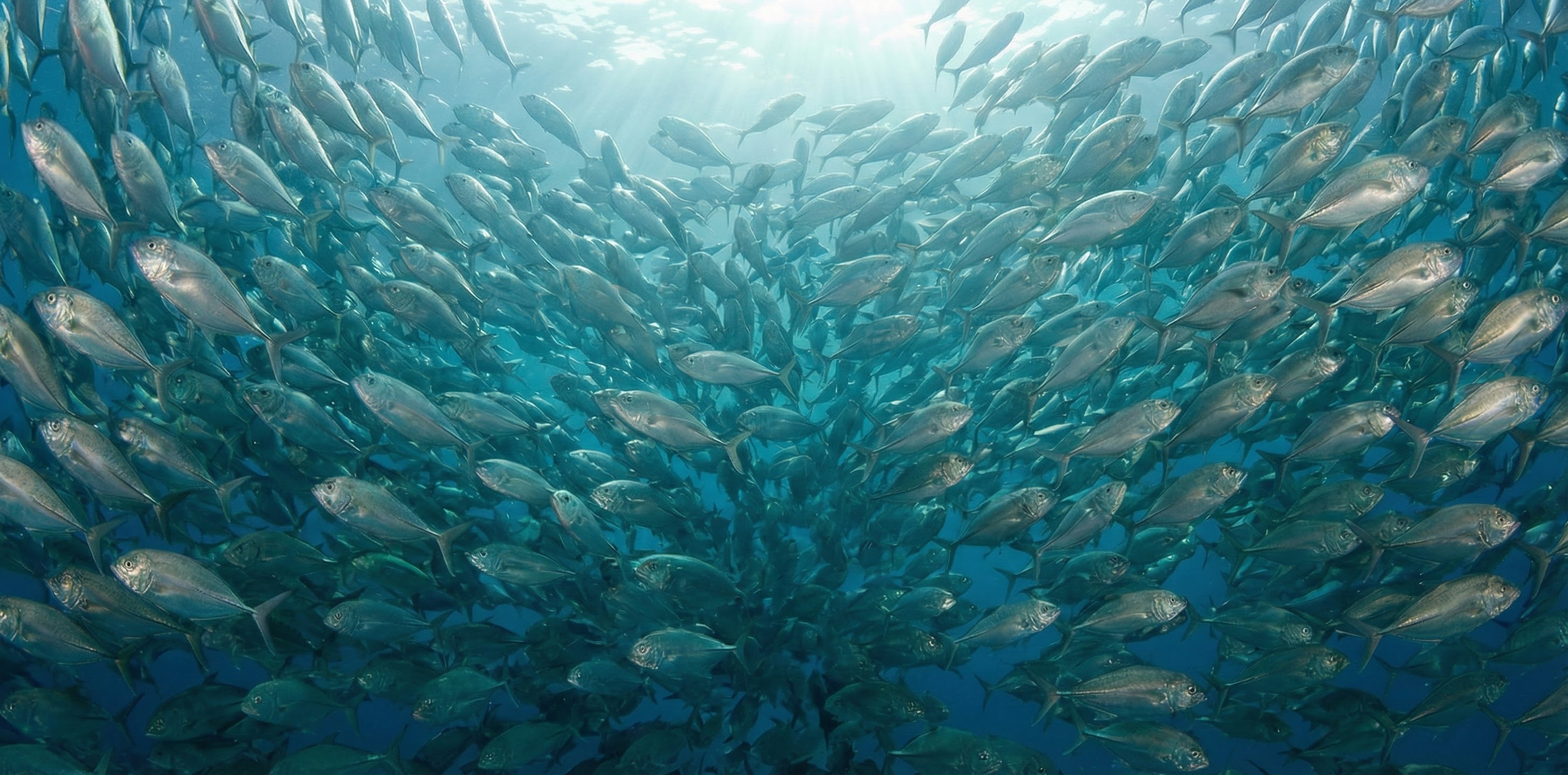
Cabo Pulmo Trip
Full-day expedition to the coral reef national park.

Night Dive
Experience the reef after dark with bioluminescence.
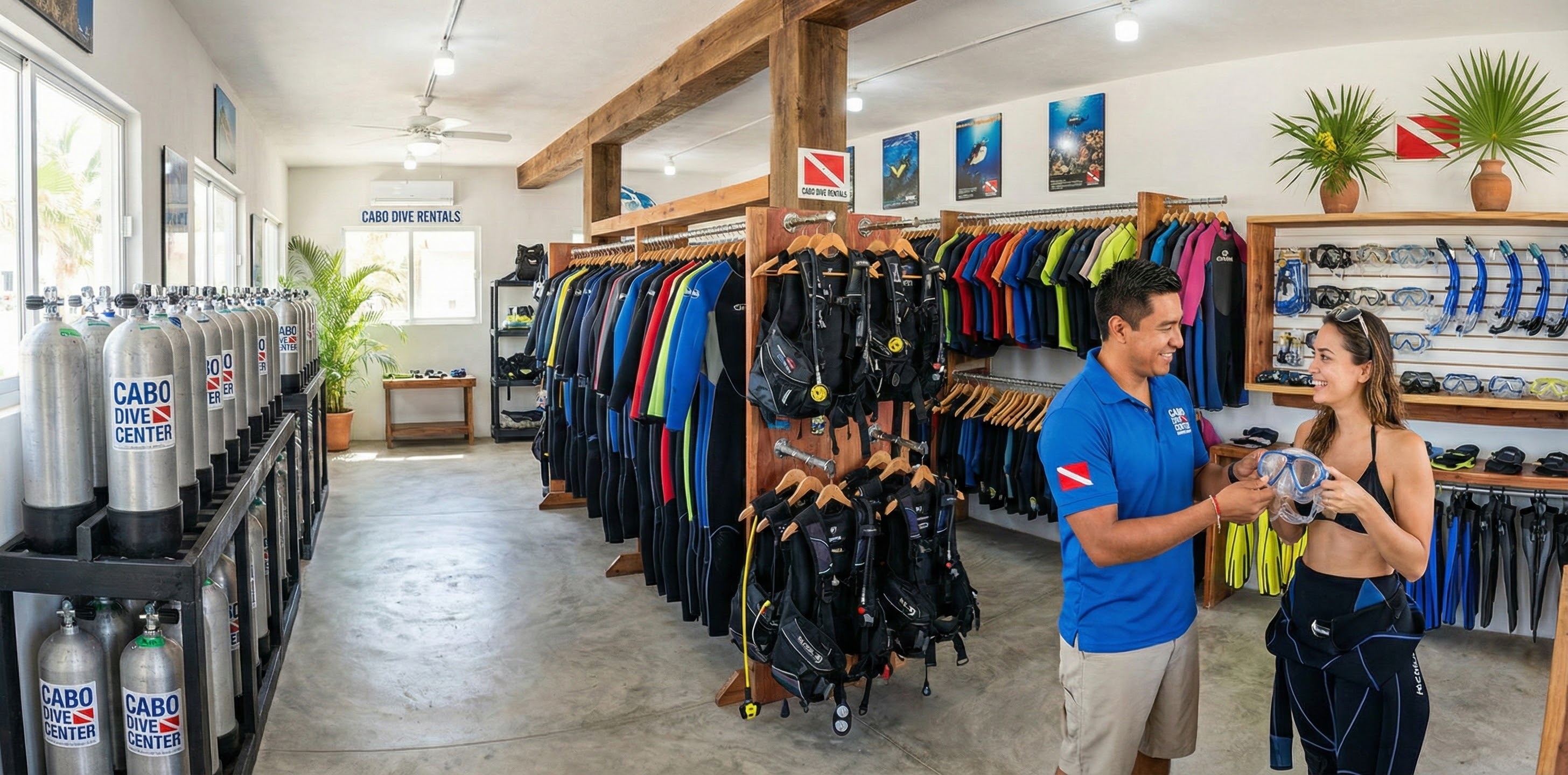
Equipment Rental
Full scuba gear rental for the day.
Diving Tips for Cabo
- Best visibility: October through November offers the clearest water, often exceeding 100 feet.
- Warm water: A 3mm wetsuit is sufficient most of the year; 5mm recommended December-March.
- Book Cabo Pulmo early: The 2-hour drive means limited daily trips. Book at least a week ahead.
- Snorkelers welcome: Most dive boats accept snorkelers at reduced rates for the same sites.
- Bring your cert card: All operators require proof of certification for scuba dives.
Dive Into Your Cabo Adventure
Stay at Villa del Arco and explore the underwater world of Los Cabos. Our concierge can arrange dive trips, snorkeling excursions, and PADI certification courses with trusted local operators.
Call us toll-free: 1-800-650-8199